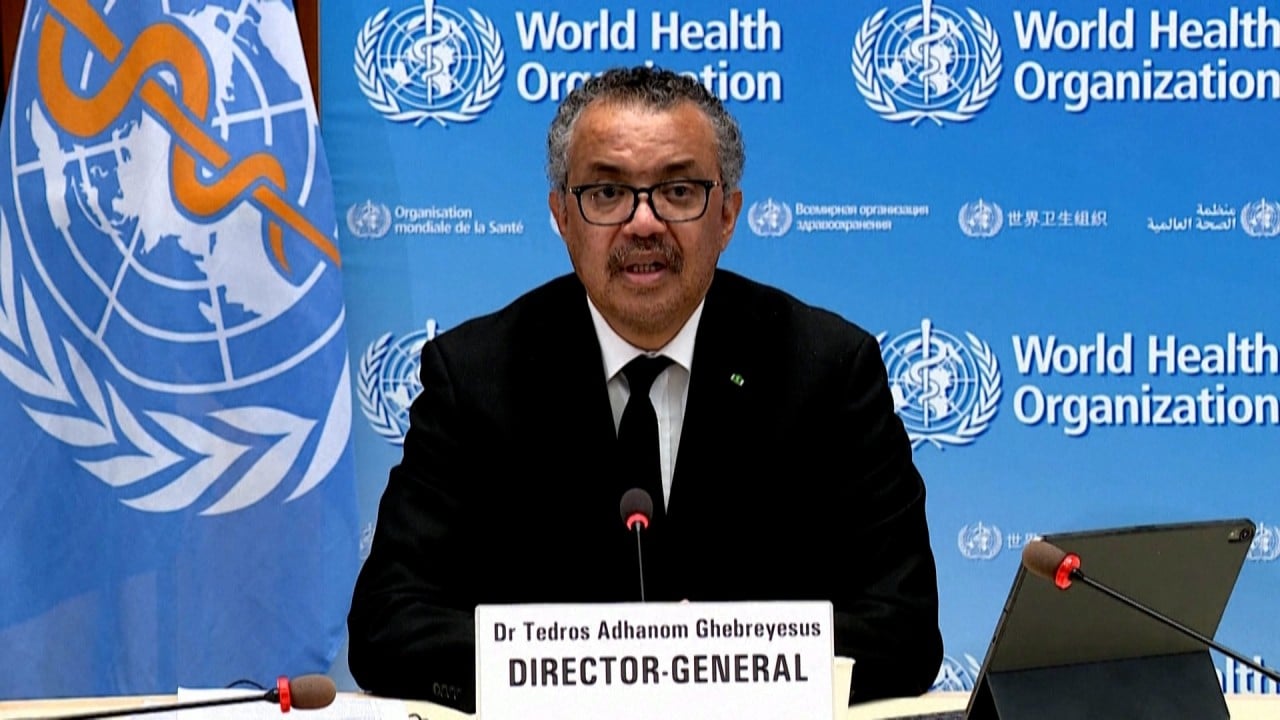
China’s vaccine diplomacy with Asean will be rewarded
- By making its vaccines available to a large swathe of the developing world, China has presented itself as a responsible global power, in stark contrast to the rich West
- The US’ aloof attitude towards Asean has also left a void for China to fill
Geopolitics sits at the heart of foreign policy, and it’s also part of the current vaccine diplomacy. By distributing life-saving doses during the pandemic, China and other countries are essentially seeking to reap geopolitical dividends.
On June 2, the foreign ministry said China had provided “more than 350 million doses of vaccines to the international community”, with exports to more than 40 countries.
By and large, China’s interstate engagement for vaccine distribution is in stark contrast to the West’s vaccine nationalism.
And, in late May, due to an embarrassing technical glitch, Secretary of State Antony Blinken was unable to meet virtually with his counterparts from the Association of Southeast Asian Nations, making them wait 45 minutes before their planned meeting had to be postponed. The diplomatic gaffe unnerved Asean leaders.
While this does not mean Asean nation would consider compromising on issues related to territorial sovereignty, their friendship with Beijing can stand them in good stead as Washington gives them short shrift.
A critical juncture in the China-US contest in Southeast Asia
According to one estimate, the majority of Chinese vaccines have gone to Asia-Pacific nations. Some have received the doses as donations, others have bought them and, of the latter, some were offered a loan to buy them. Most, if not all, Southeast Asian nations had received Chinese vaccines through purchase or donation.
Beijing’s vaccine diplomacy has consolidated ties with its belt and road partners in the region and beyond. Asean members, in their joint statement, extended their gratitude to China for its vaccine supplies and technical assistance in the local production of vaccines.
They also expressed a wish to synergise the Master Plan on Asean Connectivity with the Belt and Road Initiative and hasten full ratification of the Regional Comprehensive Economic Partnership (RCEP).
For these nations, America’s pivot to Asia or the Indo-Pacific strategy will mean little if they are left high and dry by Washington.
There are two takeaways from all this. First, China’s vaccine roll-out in the Asia-Pacific region has become an essential element of the Belt and Road Initiative, serving to promote belt and road investments and their acceptability in the region.
Second, the resulting China-Asean bonhomie and the absence of closer US engagement in the region may lead regional nations to soften their rhetoric on South China Sea issues and inspire mutual compromise for the sake of peace and stability.
Riaz Khokhar is a research associate at the Center for International Strategic Studies (CISS) and a former Asia Studies visiting fellow at the East-West Center in Washington. He tweets @Riaz1Khokhar



